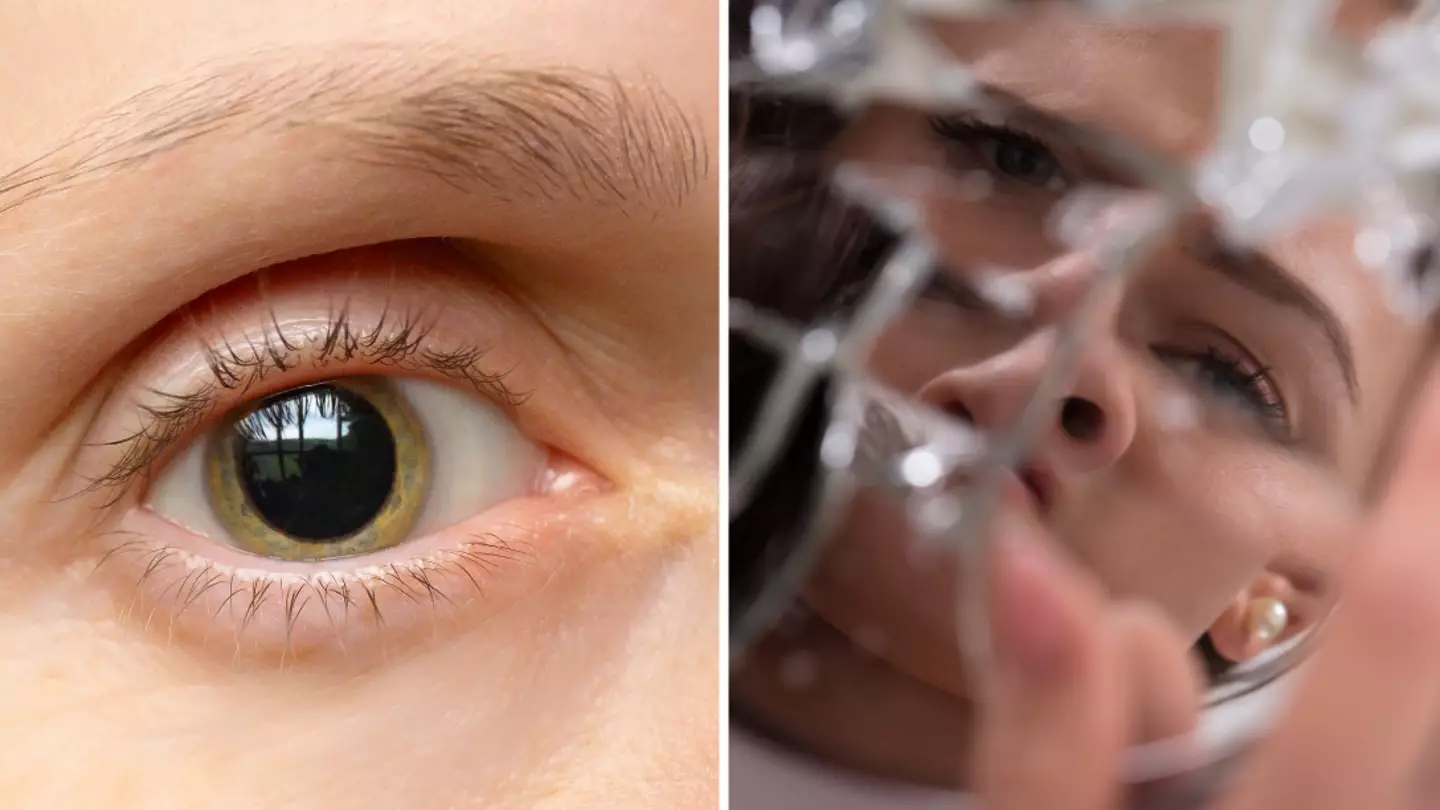
If you know someone who you believe is a psychopath, you might want to listen carefully the words they say to you, as it can be very telling.
It was only recently that we found out that psychopaths share one common physical trait, and now we know they also talk about these three things the most, according to a new report.

What was the study and what did it find out?
A Cornell study found that psychopathic criminals make the same word choices when talking about their crimes.
Jeff Hancock, Cornell professor of communication, reported in the online edition of the journal Legal and Criminological Psychology that the ‘paper is the first to show that you can use automated tools to detect the distinct speech patterns of psychopaths’.
Advert
Hancock explained how the study examined 14 imprisoned psychopathic male murderers and compared them to 38 convicted murderers who were not diagnosed as psychopathic.
Each criminal had to describe his crime in detail, and they found that these three subjects kept popping up.
It found out that psychopaths behave as though the world is their oyster and everything inside of it is for their benefit.
To do this, they use deception and fake emotion in order to manipulate others to do their bidding.

What topics did the psychopaths talk about the most?
According to the results, psychopaths used twice as many words regarding their physical needs, including:
- Food
- Sex
- Money
The non-psychopathic criminals instead focused on their social needs, like spirituality, religious beliefs and their families.
Why is this so important?
Not only does this give everyone insight into how a psychopath behaves, thinks, and feels, it could also be used to determine law enforcement tactics.
Hancock said that the information taken from the study can be valuable to clinical psychologists, as the approach to the treatment of psychopaths can be very different depending on the person or crime.
"These findings on speech begin to open the window into the mind of the psychopath, allowing us to infer that the psychopath's world view is fundamentally different from the rest of the human species," the research said.

How else can you figure out if someone is psychopathic?
According to the researchers, if you find that they love talking about themselves and what they want to achieve, they'll mimic your expressions, they'll do anything to be rewarded, and they'll even flourish in an abusive work environment.
Regarding the physicalities, which will have you looking a little closer at people, a Canadian research team conducted a study which saw similarities between individuals who have been diagnosed with various psychiatric conditions.
It saw 44 people with psychiatric issues and 36 people without any reported mental health conditions assessed to confirm whether there was a correlation between those with psychiatric conditions.
As it turns out, their hands confirmed that those with a clinically diagnosed condition were more likely to have a shorter index finger and a longer ring finger.
But before you examine people’s hands around you, open up your ears, and you’ll hear those three things that keep being brought up in conversation and you’ll have your answer loud and clear.
Topics: Life, Mental Health, Health, Crime
